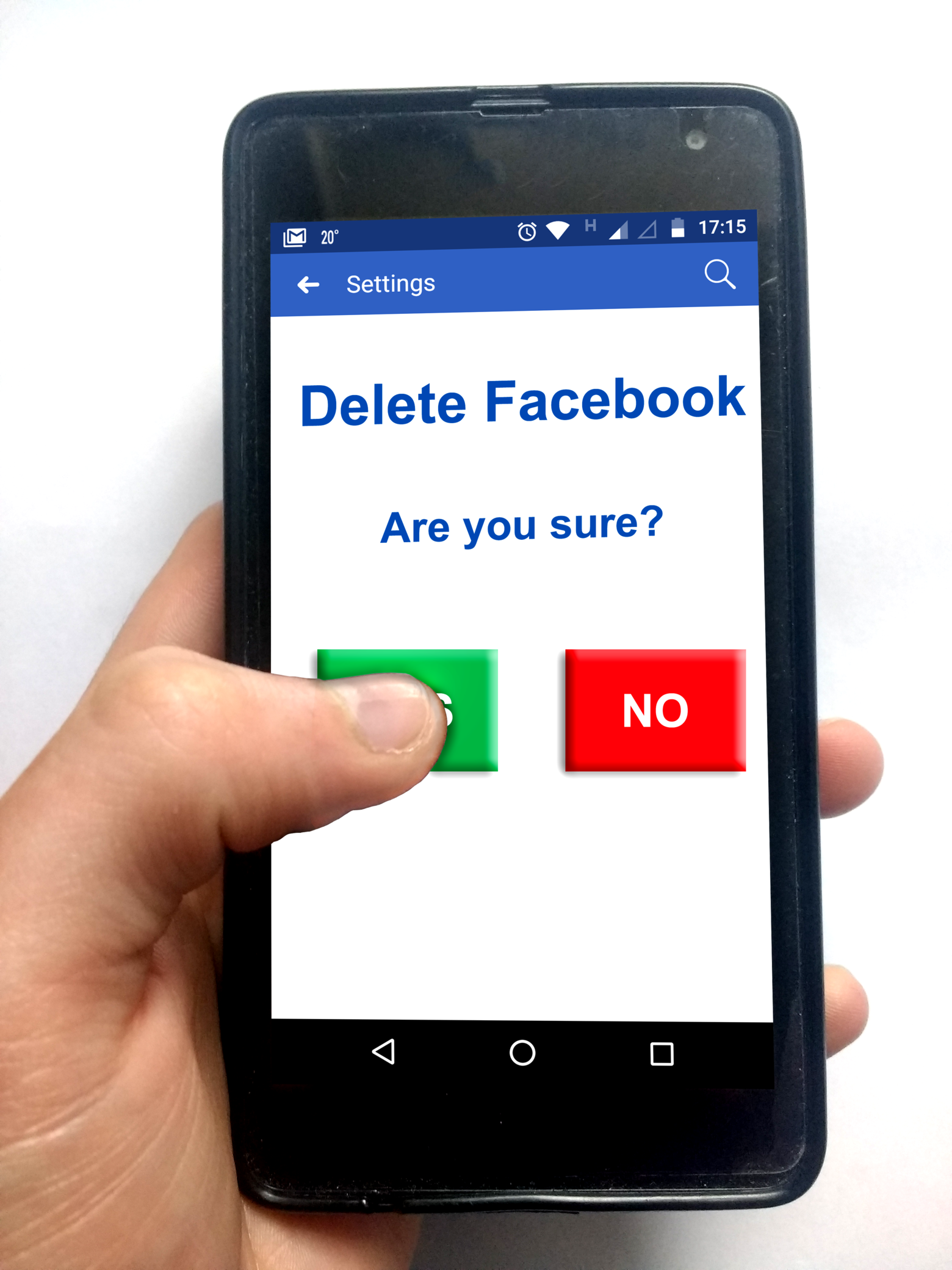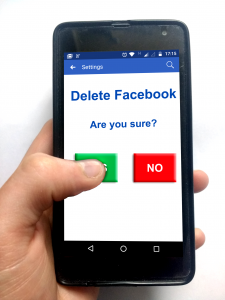Do we need to cancel cancel culture?
In this day and age, the idea of getting cancelled is something a lot of us have heard of, especially people who use social media. It seems as if there’s always someone who needs to be canceled. But what does that really mean?
The idea behind cancelling someone is that primarily celebrities or other public figures such as politicians get held accountable if they say or do something offensive. You can, of course, also “cancel” someone who isn’t famous, like a friend who has caused you offence, but the main idea of cancel culture is to effectively end the career of a well-known person and/or revoke them of their status because they did something offensive. This happens either through boycott or disciplinary actions, like firing someone. If you look at it like that, cancelling someone seems like a good way to achieve more social justice. It gives power to the people who have been harmed and can also serve as a way of combatting the major power imbalances between the public and public figures with far-reaching platforms and audiences.
However, there’s also lots of criticism regarding this topic. Especially more conservative politicians have voiced their concerns. They think that cancelling someone is nothing more than the attempt of a furious mob to silence others who might have something important to say. Then-President Trump for example described cancel culture as a political weapon which demands total submission from anyone who disagrees with the overall opinion of the wide public. He even stated that he thinks of it as a “growing danger that threatens every blessing our ancestors fought for so hard”.
But in reality, it actually takes a lot to end someone’s career and there are very few people who truly have been canceled. Some might have had to experience periods of time where they had to face more or less momentous criticism, but most of the time cancelled people won’t be cancelled forever. Some even come back stronger than before because they gained fame from it. Louis CK, a very famous comedian, got cancelled because he sexually intimidated multiple women. That, in fact, really seems like something you should be declared “over” for. Even though to some extent his career has been impacted negatively, he still has been nominated for a Grammy afterwards and it surprisingly even looks like these incidents found him a new audience.
Regardless, there are also people who fear getting cancelled. They are afraid to communicate their real feelings and opinions which can also be problematic. We are fortunately privileged enough to have the right of free speech in our country. Some say that cancel culture infringes on that right. In a functioning democracy people need to be willing to hear one another out even if they disagree, but we need to be aware that free speech does not include racism, homophobia, sexism or any other kind of violence.
Author: Christina Bello



 To leave or not to leave…
To leave or not to leave…